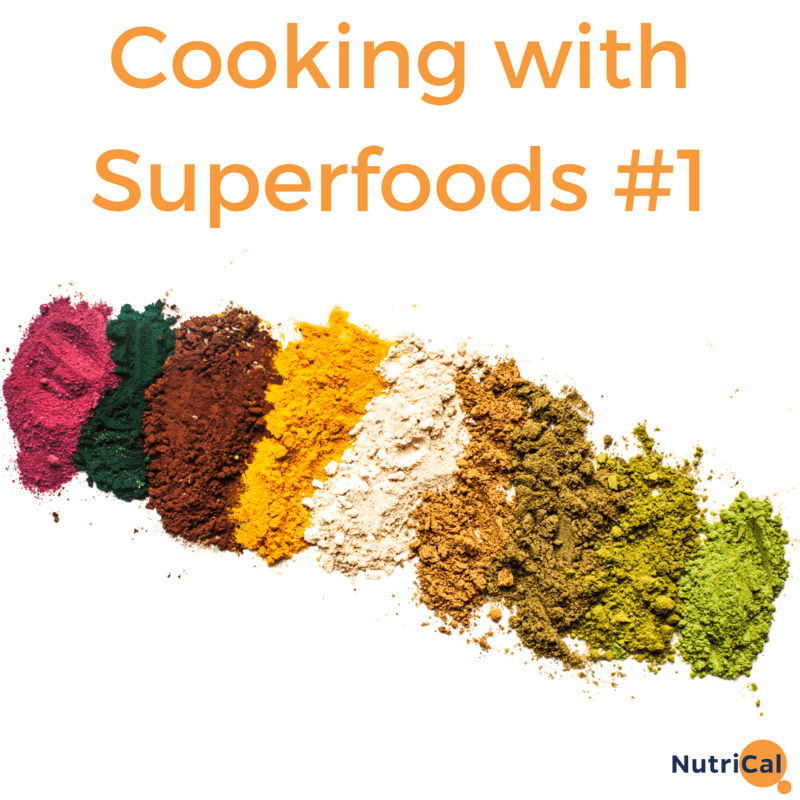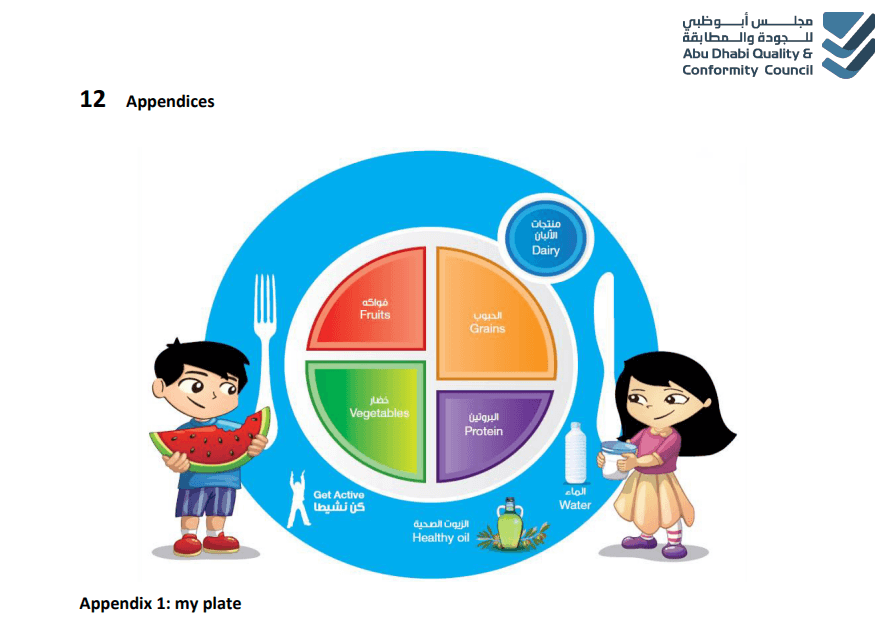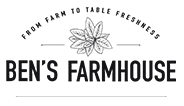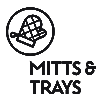Cooking with Superfoods - Part 1

In our 'cooking with superfoods' blog series - below we cover information on:
- Moringa
- Turmeric
- Acai
- Matcha
- Cacao
Moringa - or oleifera - the storage of important nutrients and antinutrients. It is often called a drumstick tree or a miracle tree because of the health benefits and medicinal properties.
Health benefits of Moringa
It has antifungal, antiviral, anti- depressant and anti-inflammatory properties. Great for people with diabetes, as it helps stabilize blood sugar levels since they have isothiocyanates in them. Also contains essential amino acids, Vitamin C, Potassium, Iron, Calcium, Proteins and other minerals.
Calories in Moringa per 100g - 307kcal
Nutrition in Moringa
It is a great source of iron, high in Fiber, 10 times more vitamin C compared to citrus fruits, also contains significantly higher calcium than milk, it also provides more iron compared to green leafy vegetables. It is considered to be a good remedy for malnutrition.
Moringa Recipes
- Drumstick Sambhar, Rasam, Moringa Superfood Smoothie, Moringa Matcha Latte, Add Moringa powder to pesto
Where did Moringa originate / where is Moringa cultivated?
The native tree is in India but also grows in Asia, South America and Africa.
Turmeric - or curcuma longa, which belongs to the ginger family. It is an old indian spice with powerful and strong medicinal compounds called curcumin. It is a bioactive substance that fights inflammation at the molecular level.
Health benefits of Turmeric
Has major benefits for the body and brain. It has bioactive and natural anti-inflammatory compounds that help the body fight foreign invaders and it avoids brain disease.
Calories in Turmeric per 100g - 350kcal
Nutrition in Turmeric
Turmeric contains more than 300 naturally occurring components including beta-carotene, ascorbic acid (vitamin C), calcium, flavonoids, fiber, iron, niacin, potassium, zinc and other nutrients.
Turmeric Recipes
Turmeric Chicken Rice, Turmeric Fried Eggs with kale, Yogurt & bacon, Turmeric Oats with Cashews & Seeds, Grilled Pork-Chops with Pineapple-Turmeric Glaze, Turmeric Fish with Rice Noodles & Herbs.
Where did Turmeric originate / where is Turmeric cultivated?
Turmeric is part of India's culture. They used a culinary spice and have some religious concerns. But then years past, reached different countries because of proven benefits.
- Acai (See our Acai Berry Blog here)
Health benefits of Acai
It is called “superfruit” and ``superfood” considered as Nutrient-Dense. Loaded by antioxidants. Acai bowl benefits of course depend on what you’ve added in and topped your bowl with.
Calories in Acai puree per 100g - 70kcal
Nutrition in Acai
It improves heart health, increases fat burning, and slows down aging. If you are a gym goer, acai will help you to easily recover the energy you lost and reduce muscle breakdown. These are rich in polyphenols and other antioxidants that protect the brain and inhibit tumor growth. It has been implicated to have an anti-cancer effect, and has been linked with boosted brain function.
Acai Recipes
Peanut Butter Bliss Acai Bowl, Tropical Acai Bowl, Lime Zinger Acai Bowl and etchetera.
Where did Acai originate / where is Acai cultivated?
In the 80's, it was legendary Brazilian Jiu Jitsu founder Carlos Gracie who likely popularized the acai bowl (frozen acai pulp blended with banana) in southern cities like Rio de Janeiro. Gracie established his own brand of diet called the Gracie Diet which sought to maximize the performance of his fighters. As years passed, many countries adopted and experimented with different toppings that made the bowls popular.
- Matcha - “A cancer- fighter and a fat-burner”. This finely green ground powder most talked all over the world. It is one of the biggest buzz words in nutrition because of the benefits found in every powder.
Health benefits of Matcha
It is considered an antioxidant powerhouse. These chemical compounds that you will find in matcha to be considered as the body defense agent.. It prevents aging and chronic disease. The more you have or consume, the more your body is equipped in fighting against infections and diseases. Matcha helps burn fat easily.
Calories in Matcha - 319kcal
Nutrition in Matcha
It gives unparalleled nutrition. One serving of matcha tea is equivalent to 10 cups of regular brewed green tea. Drinking matcha is like ingesting the whole leaf and receiving 100% of the nutrients of the leaf.
One serving of matcha green tea (½ tsp or 1 gr) contains 306mg of protein, 272mg of amino acids, and 50mg of lipids, amongst other nutrients. It also has minerals such as potassium, magnesium, calcium, zinc, phosphorus and iron.
Matcha Recipes
Matcha Latte, Matcha Cheesecake, Matcha Date Energy Ball
Where did Matcha originate / where is Matcha cultivated?
Matcha originated in Japan. This powder was commonly used at chinese chan monasteries.
Cacao Powder - This is the result when Cacao seeds are naturally fermented and cold-pressed (separating out most of the fat, a.k.a Cacao Butter). It comes directly from the Cacao tree, whose fruits are colorful pods that are filled with large Cacao seeds.
Health benefits of Cacao Powder
nutrient dense with antioxidant properties, contains magnesium, iron, potassium - helps keep one full and energised
Calories in Cacao Powder per 100g - 570kcal
Nutrition in Cacao Powder
Unlike many chocolate products, cacao nibs are naturally low in sugar. They're also a good source of fiber, protein, and healthy fats. Nutrients that help promote feelings of fullness. They're rich in many minerals, including iron, magnesium, phosphorus, zinc, manganese, and copper.
Cacao Powder Recipes
Cacao Overnight Oats, Cacao Date Energy Balls, Muffins, Hot Chocolate, Coffee Cacao Energy Smoothie
Where did Cacao originate / where is Cacao cultivated?
The cacao tree is native Amazon basin. It was domesticated in Mexico, Central & South America
Stay tuned for part 2 of our series.
To learn more on nutritional benefits of ingredients and how to create recipes with them - contact NutriCal.
You may also email us at info@nutrical.co as well as call or whatsapp us at +971 54 994 1190.
Government Partnership
Coming Soon
Frequently Asked Questions
NutriCal provides comprehensive nutritional analysis beyond calorie counts, encompassing allergens, meal types, and customized food labels. You can also effectively manage recipes, tailor menus, and generate insightful reports.
NutriCal is an online platform accessible from anywhere with an internet connection. Our services have a global reach, with a strong focus in the GCC region.
NutriCal collaborates with a diverse range of establishments, including food brands, suppliers, retail chains, and restaurants in the GCC.
Absolutely! NutriCal offers a complimentary trial period. Reach out to us to initiate your trial experience on our platform.
For detailed pricing information, please get in touch with our dedicated sales team. Our pricing plans are flexible and tailored to suit your specific business requirements.
We provide both monthly and annual subscription plans, granting you the choice to select the payment option that aligns best with your preferences.
NutriCal allows seamless integration of missing ingredients through credible data sources, ensuring a complete and personalized database.
NutriCal's data originates from reputable sources such as USDA and undergoes rigorous theoretical analysis, ensuring utmost precision in nutritional calculations.


















